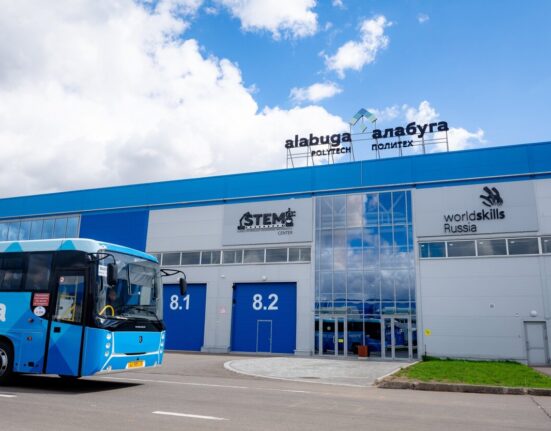The 2nd summit of Central Asian countries and Germany was held on September 17 in Kazakhstan’s capital, Astana.
Chaired by Kazakhstan President Kassym-Jomart Tokayev, the meeting was attended by Federal Chancellor of Germany Olaf Scholz, President of Kyrgyzstan Sadyr Japarov, President of Tajikistan Emomali Rahmon, President of Turkmenistan Serdar Berdimuhamedov, and President of Uzbekistan Shavkat Mirziyoyev.
Opening the summit, President Tokayev expressed high appreciation of Germany’s commitment to developing equal partnership with all countries in the Central Asian region.
Tokayev outlined his vision of the key areas of cooperation with Germany. The first area is increasing trade turnover. He said, for instance, that Kazakhstan is ready to increase exports to Germany with one hundred commodity items worth $850 million.
The second priority is the expansion of energy cooperation. “As a reliable and one of the largest suppliers of energy resources to Germany, Kazakhstan is ready to increase oil exports to the German market,” Tokayev said.
The Kazakh leader emphasized that further development of the Trans-Caspian International Transport Route, or the Middle Corridor, opens up broad investment prospects, including in terms of modernization and digitalization of the Caspian Sea ports and construction of cargo terminals. “Further integration of the transport and logistics systems of Central Asia and Europe remains an urgent task,” said Tokayev.
In his speech at the summit, Uzbek President Mirziyoyev said that partnership in the field of critical raw materials based on the introduction of advanced knowledge and technologies from Germany is a promising area of cooperation.
“We are talking about projects for geological exploration, intensive development, processing and production of products with high added value, organizing deliveries [of such products] to Germany and other countries of the European Union,” Mirziyoyev said.
He also expressed interest in attracting technical assistance from Germany in the implementation of the Program for the creation of digital maps of explored deposits of critical minerals and rare earth metals in the region.
The Uzbek leader said that the biggest barrier to deepening our partnership is the poor development of transport communications, including land and air transportation, and called on the German side to assist in attracting European institutions to the development of alternative transport corridors connecting Central Asia and Europe.
The Uzbek president also proposed holding a joint ministerial conference in 2025 to find ways to increase the transit potential of such routes.
Photo: president.tj




